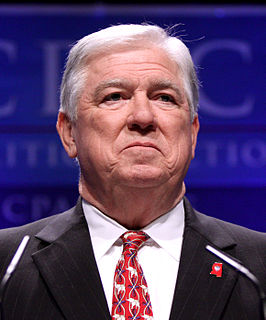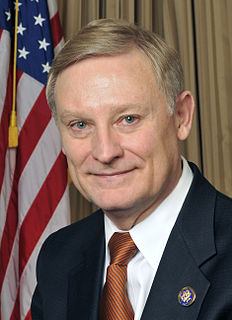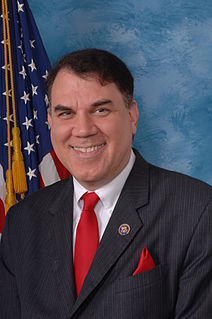A Quote by Jamie Dimon
You read constantly that banks are lobbying regulators and elected officials as if this is inappropriate. We don't look at it that way.
Quote Topics
Related Quotes
I'm a lobbyist and had a career lobbying. The guy who gets elected or the lady who gets elected president of the United States will immediately be lobbying. They would be advocating to the Congress, they'll be lobbying our allies and our adversaries overseas. They'll be asking the business community and labor unions.
Lobbying has become a term of reproach, as if it were improper to push for a particular belief. This has happened because of paid lobbyists whose opinions are for hire and the fear that decision-makers, whether politicians or officials, are susceptible to their charms and wiles. This has tarred entirely proper lobbying with the same brush.
The financial collapse of 2008 got its start with predatory mortgages, that weren’t sold by community banks and credit unions, they were sold by fly by night mortgage brokers who had almost zero federal oversight and then the big banks looked over, saw the profit potential and they wanted it bad. So they jumped in and sold millions of these terrible mortgages while the bank regulators just looked the other way.
In a world of businessmen and financial intermediaries who aggressively seek profit, innovators will always outpace regulators; the authorities cannot prevent changes in the structure of portfolios from occurring. What they can do is keep the asset-equity ratio of banks within bounds by setting equity-absorption ratios for various types of assets. If the authorities constrain banks and are aware of the activities of fringe banks and other financial institutions, they are in a better position to attenuate the disruptive expansionary tendencies of our economy.


































